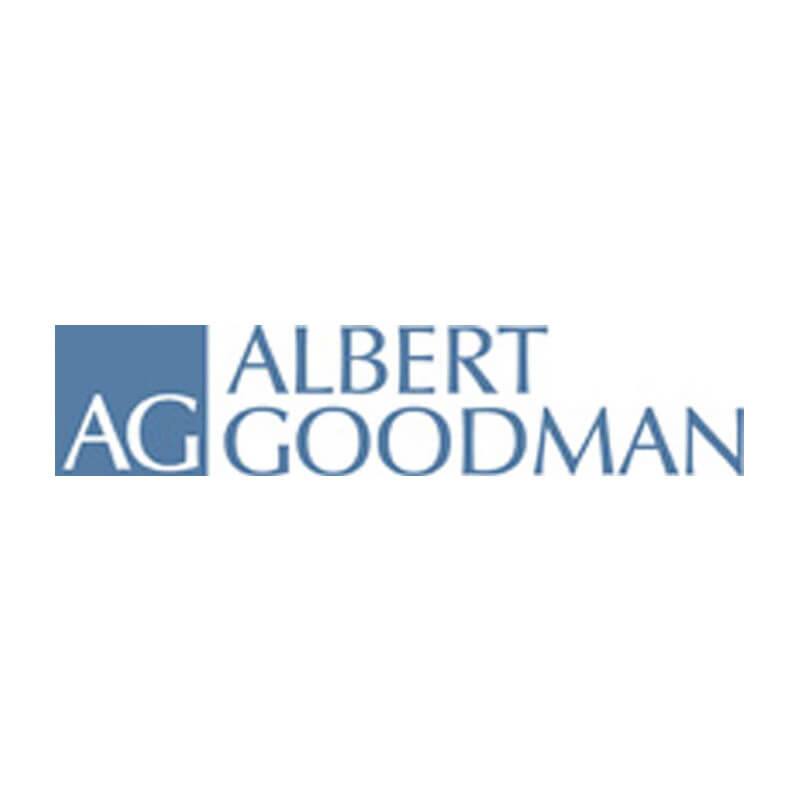
HMRC UNSUCCESSFULLY DEMAND VAT ON AGRICULTURAL SHOW TAKINGS
Released On 10th May 2023
The Yorkshire Agricultural Society, a charitable company, runs the annual Great Yorkshire Show, one of England’s premier agricultural shows.
While a charity can exempt from VAT, income, including admission charges, derived from qualifying events, the event has to be primarily to raise money. Factually, in the years in dispute, the Great Yorkshire Show generated an annual surplus of c.£1.5 million on turnover of between £3.5- £4 million. The Society spends the surplus in pursuit of its charitable objectives, in particular the promotion of public awareness in farming, and supporting farmers.
HMRC argued that the Society had to charge VAT, on the basis that to qualify for exemption:-
- the main and overriding purpose of holding the event should be to raise funds; and
- the event had to be promoted primarily as a fundraiser.
The Tribunal was clear that HMRC’s point 1 overstated the position. Raising funds had to be a main purpose, rather than just incidental. Other cases have rejected exemption for events such as a 'Stag Night', a 'New Year's Eve Do', and a “Student Summer Ball” where, on the facts, the main purpose was for participants to enjoy themselves, and achieving any kind of surplus was just a welcome bonus.
The Society puts on the Great Yorkshire Show for two main purposes, education and fundraising, and it was accepted that these were of equal importance. Further, these objectives didn’t conflict, a successful Show would deliver both objectives. Raising funds was a main purpose, and the Society relied on raising substantial funds each year.
In relation to point 2, UK VAT law on the fundraising exemption was implemented before the UK left the EU, so a key part of the case was whether UK law was unjustifiably restrictive and prevented charities getting a relief that they were supposed to be entitled to. The enabling EU law does not contain - either explicitly, or implicitly - any requirement than an event be promoted primarily for the raising of money. The only explicit qualification is that the exemption "is not likely to cause distortion of competition".
There is, however, as HMRC pointed out, a general rider to the EU legislation permitting them to impose “restrictions necessary, in particular as regards the number of events or the amount of receipts which give entitlement to exemption"
The Tribunal therefore invited HMRC to explain why emphasising that the event was primarily to raise charitable funds was necessary, such that the additional requirement was justified. Either to prevent distortion of competition, or in order to combat a serious risk of evasion, avoidance or abuse. HMRC was not able to do so.
The Tribunal also asked HMRC to explain its objection to the way the event was promoted, given that the fliers and tickets clearly stated that "The Great Yorkshire Show raises funds for the Yorkshire Agricultural Society to help support farming and the countryside”.
HMRC responded that the wording on these and the Society’s website should have been bigger and more prominent.
A final point to note is that HMRC had conceded a similar Appeal in relation to the Westmorland County Show without a hearing. It was clear that either the same advisor had acted for both Westmoreland and Yorkshire Societies, or that Westmoreland had shared all of its Court papers with Yorkshire. The Tribunal in the Yorkshire case however declined to hear arguments that Yorkshire should be allowed equal treatment with Westmoreland, since it did not have all the facts leading to HMRC conceding the Westmoreland case.
Where does this leave us?
It should be said that HMRC didn’t do a convincing job of defending this Appeal at Tribunal. This may have been because HMRC realised that it was on dodgy ground- it also lost half the case on other grounds, i.e. that its Assessment for one of the years in dispute was “out of time”. Taxpayers should always take the basic step of ensuring that any HMRC Assessment is validly made and “in time.”
HMRC also refused to be drawn on why it had conceded the Appeal in the previous Westmoreland case but put the Yorkshire Agricultural Society to the time and cost of a full hearing before the Tribunal. It is to be hoped that Yorkshire had fee protection insurance!
I really want to see HMRC clarifying its position following its loss in this case, so that charities running fundraising events can budget with confidence. First Tier Tribunal cases do not set a binding precedent such that other charities can wholly rely on the decision in this case.
Among other things, HMRC should explain why it was not satisfied that a statement on the Society’s tickets and flyers that the Show raised funds, was sufficient.
Personally, I can’t see how a charity can persuade 20,000 people to pay for Admission on each day of the Show just by stressing that paying admission will raise funds to support the Charity’s work. Most potential payers will attend because the advertising materials promise that they get something in return for their money, such as a fun day of education and entertainment.
If you would like to discuss your own charity’s circumstances in more detail, please contact Steve.chamberlain@albertgoodman.co.uk.






